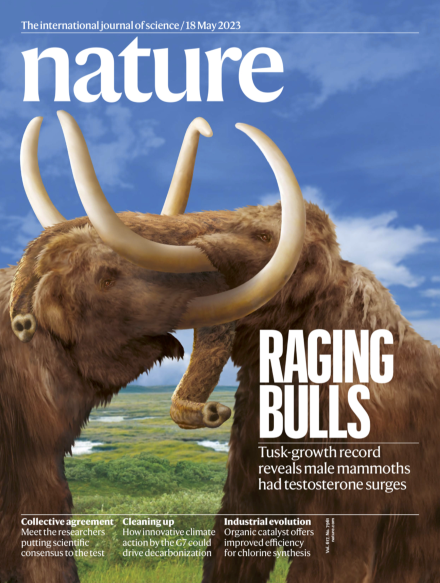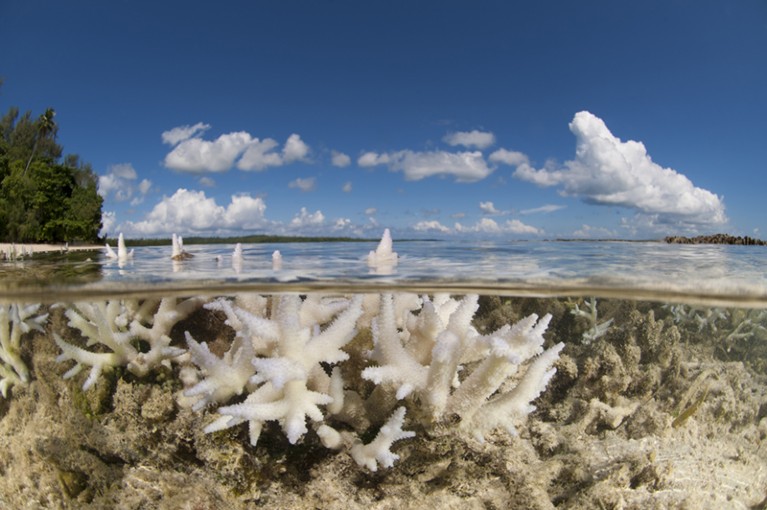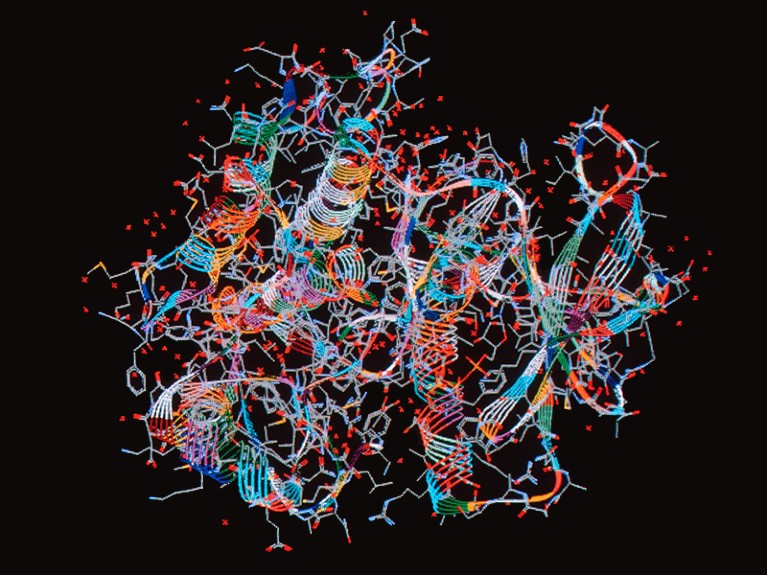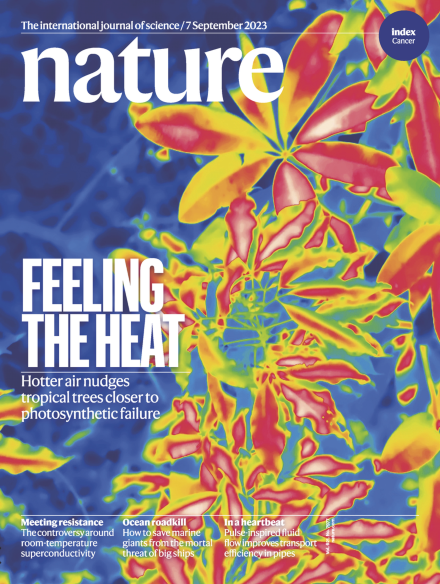
nature Magazine – September 7, 2023 issue: In this week’s issue, Christopher Doughty and his colleagues reveal that a small percentage of leaves in tropical forest tree canopies might be approaching a critical temperature of 46.7 °C, above which photosynthesis begins to fail.
How would room-temperature superconductors change science?

The prized materials could be transformative for research — but only if they have other essential qualities.
The wave of excitement caused by LK-99 — the purple crystal that was going to change the world — has now died down after studies showed it wasn’t a superconductor. But a question remains: would a true room-temperature superconductor be revolutionary?
With the arrival of El Niño, prepare for stronger marine heatwaves
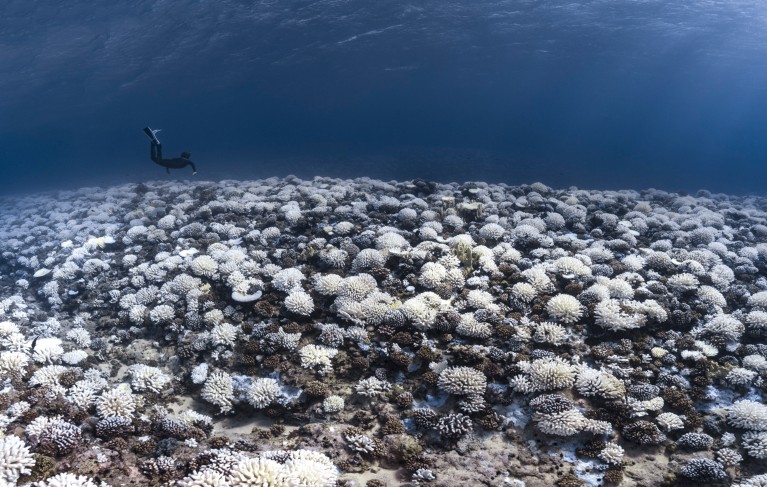
Record-high ocean temperatures, combined with a confluence of extreme climate and weather patterns, are pushing the world into uncharted waters. Researchers must help communities to plan how best to reduce the risks.
Oceans are warming up, and dangerously so. Since April this year, the average global sea surface temperature has been unusually high and rising; by August, oceans in the Northern Hemisphere had reached record-high temperatures, even surpassing 38 °C in one area around Florida.



